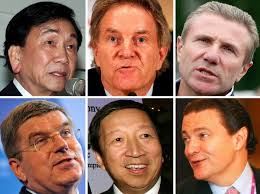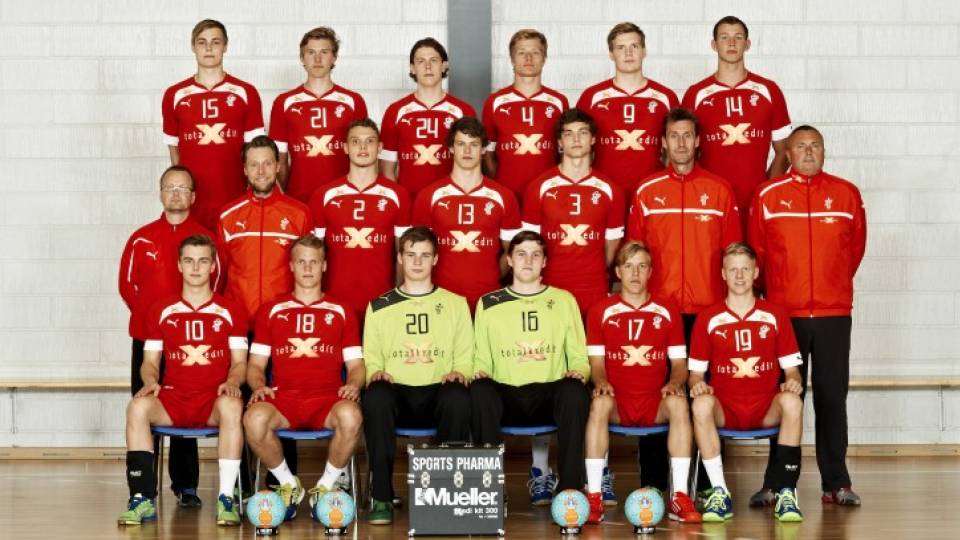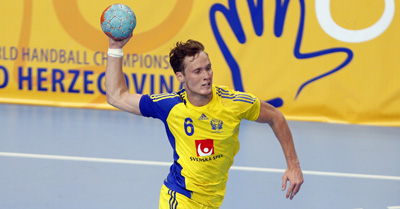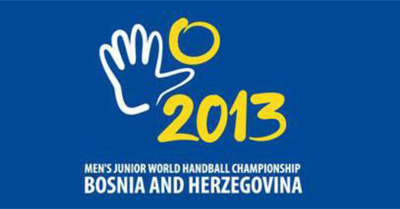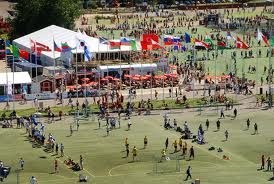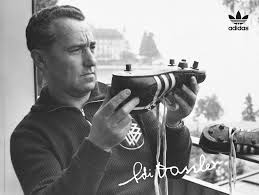
The new president Thomas Bach and his main supporter Sheikh Ahmad — who is leading whom in this ‘dance’?
It seems that during the final stages the only excitement involved the question as to whether Bach would gain an absolute majority among the 93 voting members already in the first round. As it happened, he had to wait until the second round, where he obtained 49 votes. But as had been predicted, the only candidate other than Bach who had a reasonable showing was Richard Carrion from Puerto Rico, the IOC ‘finance minister’. He got 29 votes as compared with the 49 for Bach, whereas the other remaining candidates got between four and six.
The results seemed to confirm that several of the candidacies were totally without any hope, and many are now wondering why these candidates came forward: was it just an ‘ego trip’, or did it for some of them involved a tactical step for some future situation? Indeed, many of those who did not want to see Bach elected tended to regret that his opponents had not been able to unite behind one strong opponent, who could then have stood a better chance to come across as a strong alternative.
What are the likely implications of a Bach presidency?
Many IOC insiders and external observers had expressed the hope that the election would bring about serious change, at a time when many difficult issues are brewing in the world of sports. I am talking about corruption, doping, match-fixing, suspicions regarding the way of awarding events etc. But personally I was never optimistic on that point. Jacques Rogge was never seen as a strong President in this regard, but as I see it, it is more related to the actual role and priorities of the IOC machinery.
It is a mistake to see the IOC as some kind of supervising entity for individual sports and for national sports, with a role in ensuring ethical behavior and good governance. The IOC members do not really have any interest, or any incentives, for getting their hands dirty in this way. The existence of WADA in the area of anti-doping is as far as it gets, and arguments for the establishment of a similar organ to deal with anti-corruption are quickly dismissed.
Instead, I think it comes close to the truth if one describes the IOC as the entity which organizes Olympic Games and serves as a business machinery in doing so. And for this purpose one needs a leader with business experience, a hard-nosed attitude in looking after the interests of the IOC, and a willingness to close eyes and ears to observations and arguments that would get in the way of enriching the IOC. For those who recognize that this is the priority, it seems that Bach would indeed be a great choice.
But many already express concerns that Bach and his supporters, again especially Sheikh Ahmad, who also is the head of ANOC (the Association of National Olympic Committees), will start exercising power in a ruthless and dictatorial way. The skeptics worry that there is not likely to be much room for a serious internal debate or for transparency. Media comments also suggest that the success of different sports and the various countries and regions will depend far too much on how comfortable and able they are to take advantage of such an environment. I would prefer to avoid becoming too pessimistic, and it may be safer to judge the situation on the basis of decisions and initiatives in the next few years.
What does the selection of Tokyo in 2020 suggest regarding possible bids for 2024?
Following the decision to award the 2020 summer Games to Tokyo, and the ascendance of Bach (and Sheikh Ahmad), many potential hosts are now quickly beginning to speculate about the likely impact on bids from various regions and countries for the period beyond 2020. John Ryan already wondered if USA might now be in a good position for 2024, but the prevailing view in Europe seems to be that, following Rio de Janeiro and Tokyo, the pendulum would swing back in favor of a European bid.
Of course, the situation regarding the 2022 winter Games will also be relevant. But I really wonder what European country will be prepared to come forward for the 2017 decision on 2024. Perhaps it could give Turkey a second chance, depending on the geopolitics of that region. But many assume that the Sheikh will want the Gulf Region to become the first host from that part of the world. So he just might want to see a USA bid become successful in the meantime… Let the scheming begin!



